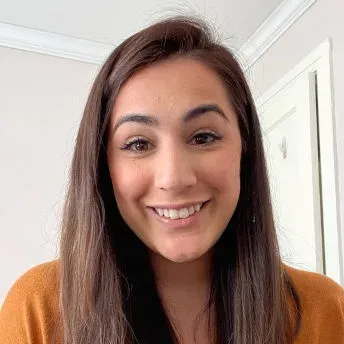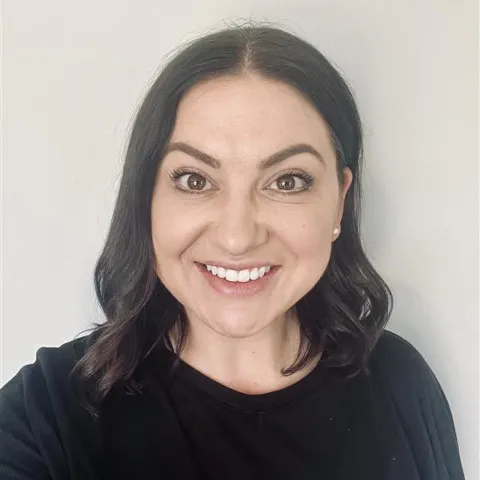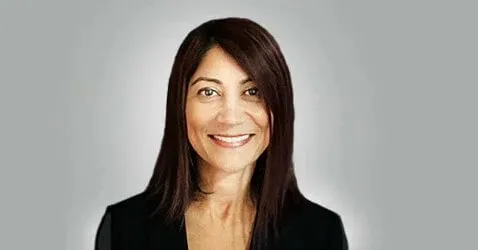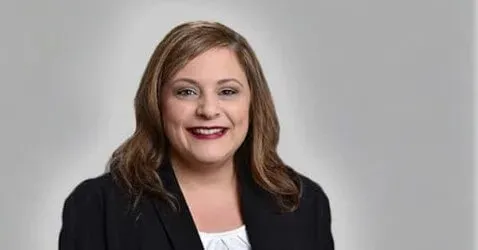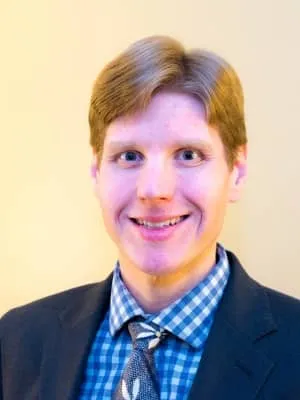
Travis Zimmerman
What made you choose Marymount University for the pursuit of your Doctorate?
I chose MU because I wanted something close and local. I evaluated three programs before deciding on MU. My wife works in research and she got a job here in the greater D.C. area, therefore, we moved here. There was also no realistic choice for an in-person program option for me. The responsiveness of the graduate student advisors played a role as well as the cost competitiveness of the program in my final decision. Also, this program is new, and I like to be a part of new things! The program is also just figuring out how to interface with online students, so there’s that common starting place that students and professors share.
What do you hope to accomplish by earning an Ed.D. degree?
I was interested in school leadership in the past, but as I’ve gotten involved with the research component, I see the wisdom in working in educational policy. I think I’d like to work at a think tank or a policy foundation, though my goals are still evolving.
What are your long-term professional and personal goals?
I would love to write a book on different interventions in education: to contribute to the wealth of literature on best practices in instruction or social-emotional learning. I’m interested in podcasts and conversations about policy, and will frequently engage with other educational stakeholders on hot topics in education. I am very interested in advancing the post-secondary education discussion surrounding the cost and ROI. "Is college worth it?" Is a question that parents and students frequently ask, so creating pathways for students to be successful in creating post-secondary plans and having the resilience to attain their goals is important so they don’t lose focus and drop out pre-completion landing them with debt but no degree.
Tell us a bit about your background up to this point – personal and/or professional.
I grew up in Beaumont, Texas. I was originally going to go to law school out of college, but I decided to teach instead. Ultimately, I didn’t want to sit behind a desk for 80 hours a week.
My first teaching assignment was at a school district that served as an evacuation point for some families that were displaced by Hurricane Katrina down in Louisiana. While I personally learned well from a traditional direct instruction format, that teaching assignment taught me a lot about differentiation, and forced me to reconsider my teaching strategies. I learned that blended instructional models were a way to reach more students, so I spent a lot of time developing and refining new blended learning models. With proper scaffolding, students are able to engage in deeper learning processes than we give them credit. Kids can be remarkably resilient.
From there, I helped to develop a therapeutic program within a public school setting with a board-certified psychologist. We were supported by the BRYT (Bridges for Resilient Youth in Transition) program, but we cultivated the program to meet the needs of the students served by our district. This program was designed to help students returning to school from hospitalization to re-engage with their academic work and manage the complex anxieties that come from a return to school after an extended absence.
I feel each professional and personal experience helped to prepare me for the next challenge in my life, and if my skillset can be useful to someone, I will jump right into the mix to help where I can.
What motivates you to complete an online program?
I have so many things going on in my life that doing an in-person program would not be possible right now. I’ll be teaching at a school in Maryland in the fall. Being able to work at my own pace really makes the program work for me.
What do you think of the Ed.D. program so far now that you have completed your first year? Favorite topic or moment?
I really like Dr. Hauth’s class. The Northhouse text and the course that it is used for are very logical to me. I appreciate it when a concept is introduced and built upon in a structured way-- that is, when you can see the intellectual history of the concept. I like the program’s engagement activities and discussion board. The discussion board overcomes time zone disparities among the cohort members. Building relationships with colleagues has been great. I like the design of this program. The weekly reflections are useful.
What is the biggest highlight of your experience with the MU Ed.D. program? Faculty? Something else?
My peers are great and super supportive! The informal group message board that helps other students to be successful is highly significant.
Anything else that you’d like to share?
I’m looking forward to the upcoming leadership conference.

